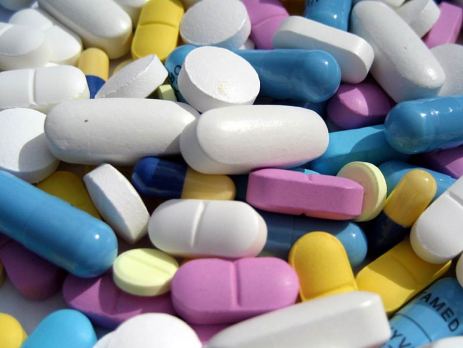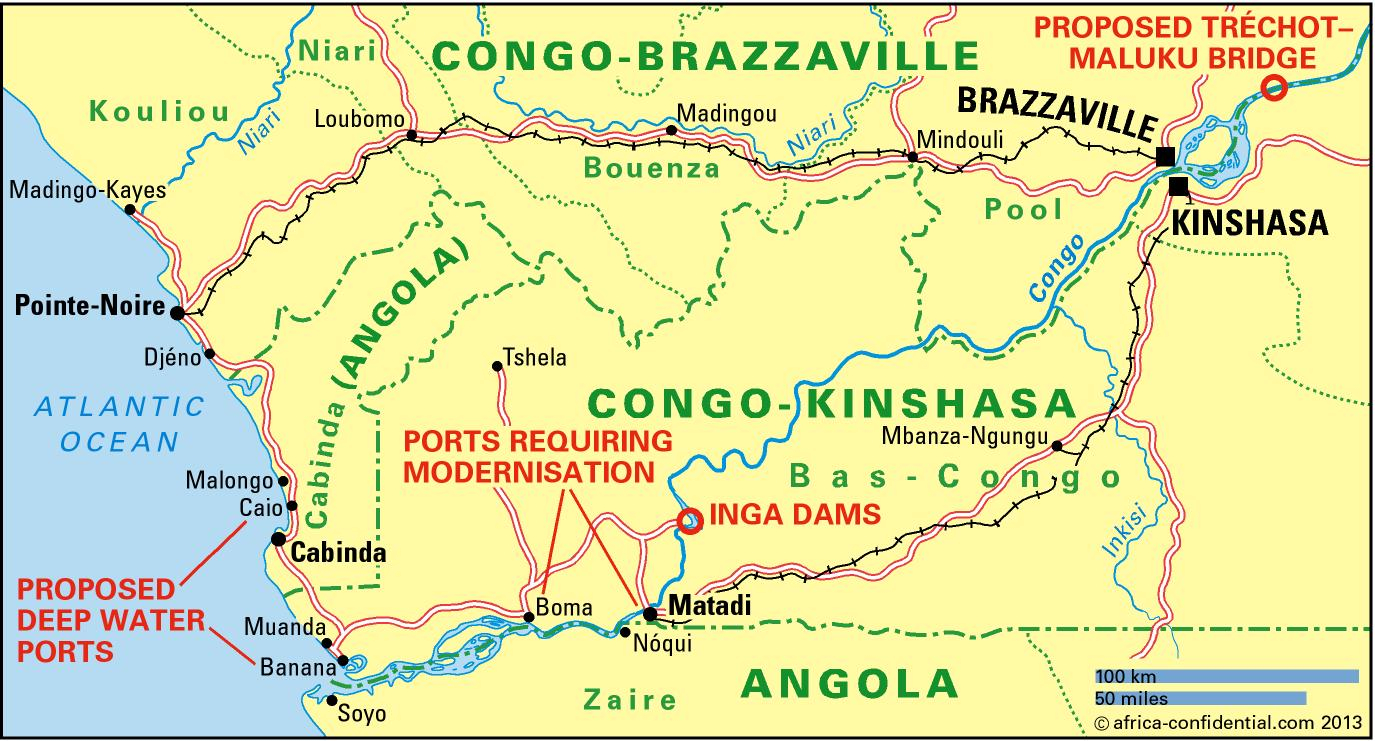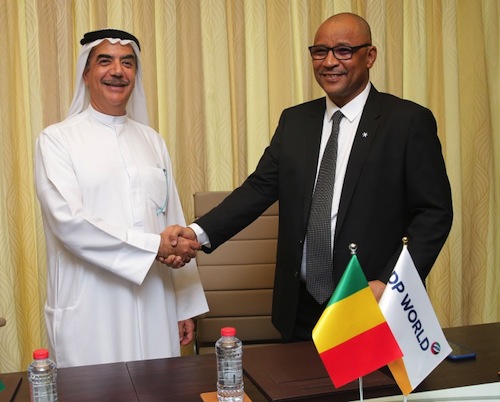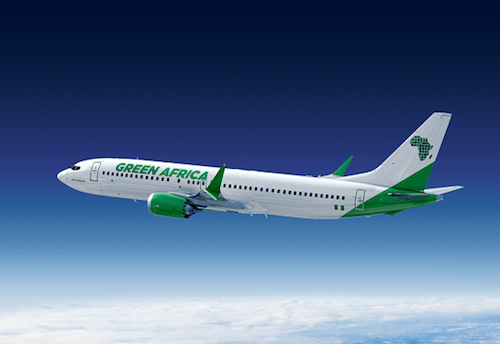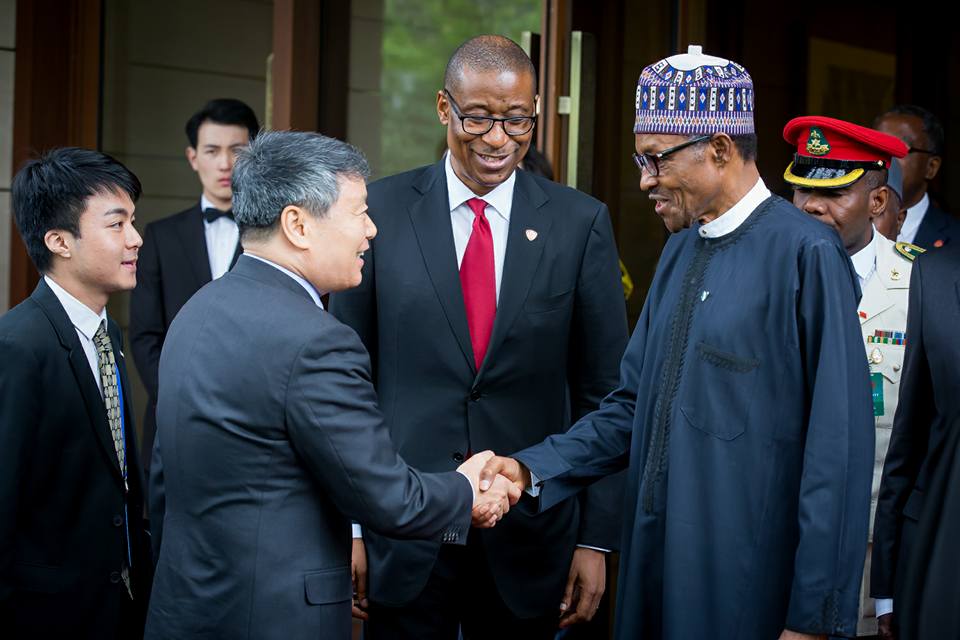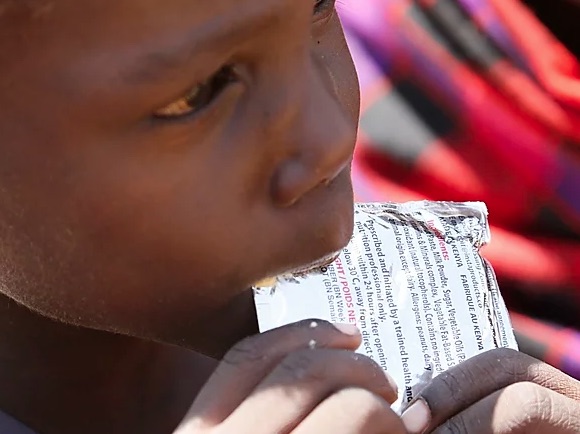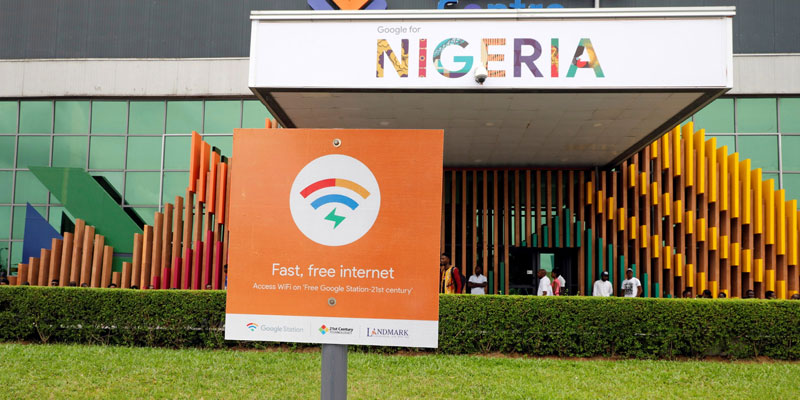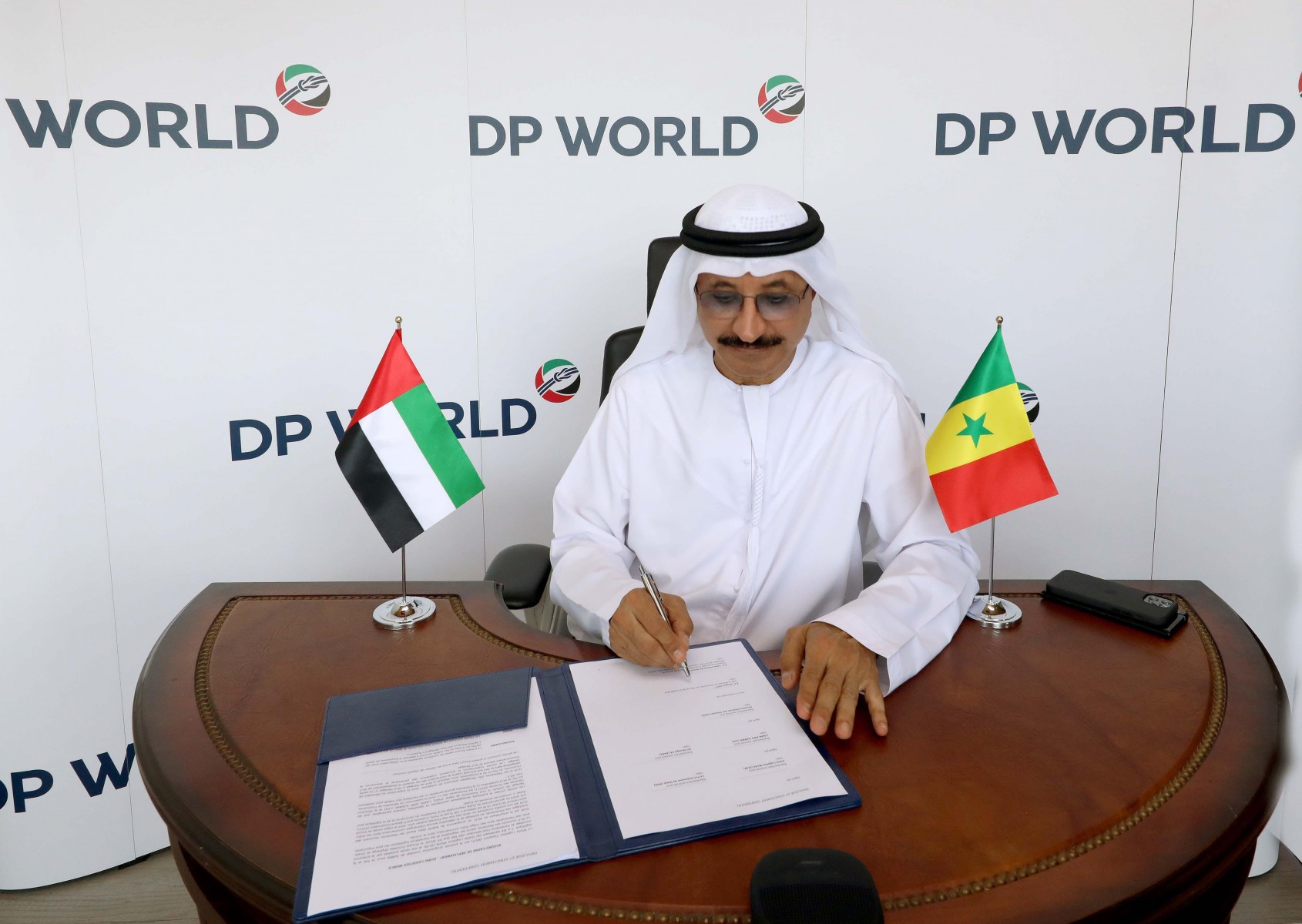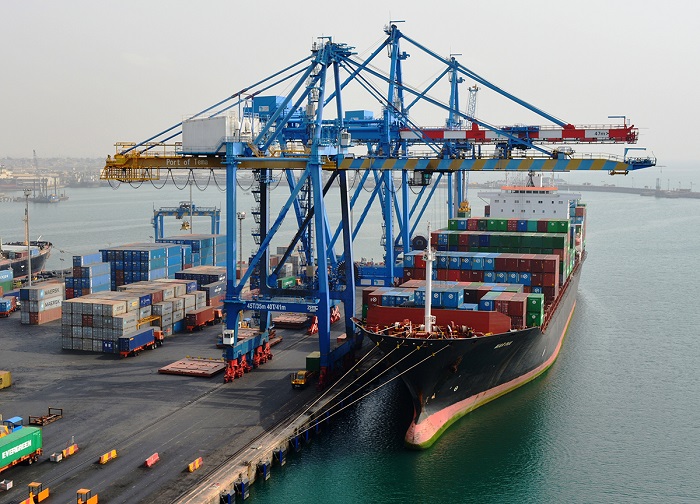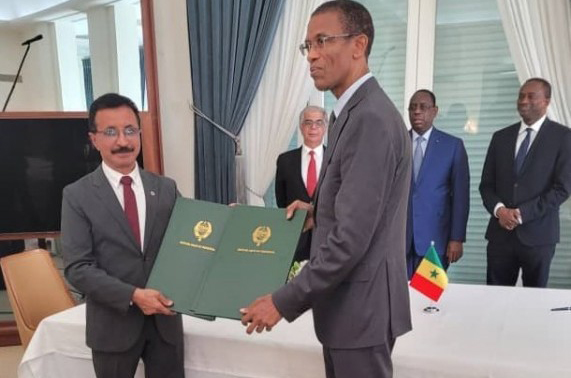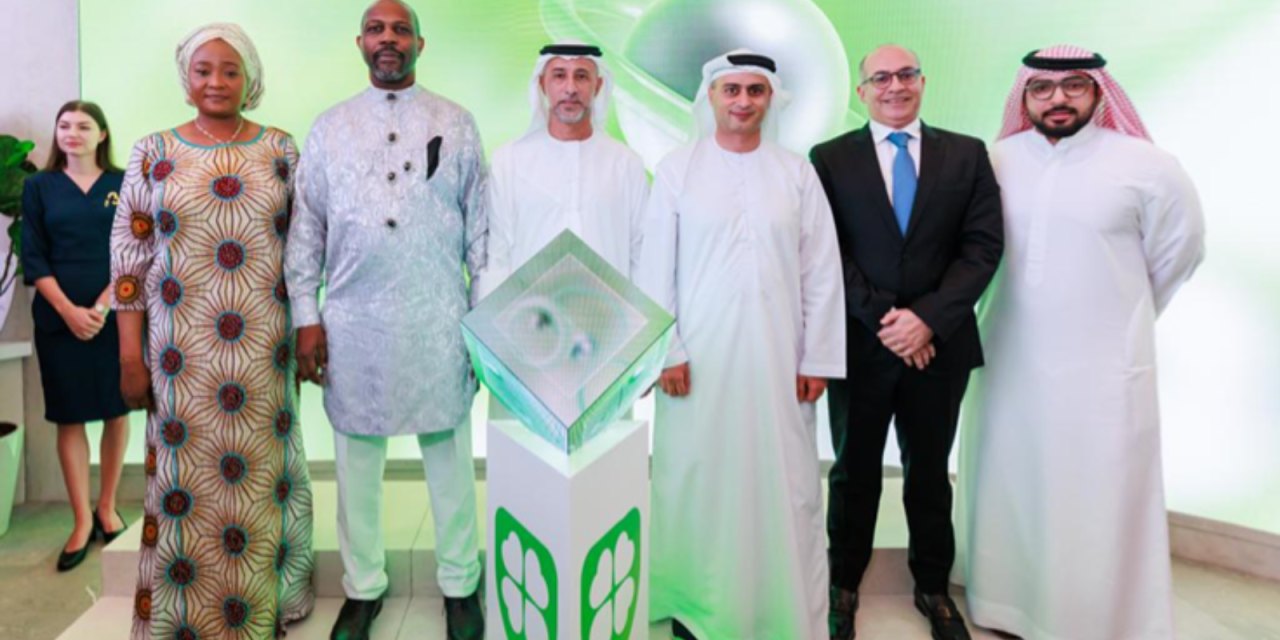Facts You Must Know About the Nigerian Market
Nigeria is a key African market, accounting for almost half of West Africa’s population, and the country boasts one of the largest youth populations in the world. The country also has an abundance of natural resources, with vast oil and gas reserves, and significant agricultural potential. Nigeria is a member of the Organization of the Petroleum Exporting Countries (OPEC) since 1971.

Nigeria ranks as the largest oil producer in Africa and the 11th largest in the world – making it one of the most lucrative and populous markets in the African continent.
Nevertheless, oil prices continue to dictate the country’s growth pattern due to a high reliance on the hydrocarbons sector for exports and fiscal revenues. As the government begins to implement structural reforms as outlined in its Economic Recovery and Growth Plan 2017-2020, growth can be expected to strengthen gradually if reform momentum is ramped up. Nigeria has made significant progress in socioeconomic terms over the last 15 years; however, the country continues to face massive developmental challenges, which include diversifying the economy, addressing insufficient infrastructure, and building strong and effective institutions, governance structures and public financial management systems.
Trade Policies of Nigeria
Nigeria has been a World Trade Organization (WTO) member since January 1, 1995, and a member of the General Agreement on Tariffs and Trade since November 18, 1960. Nigeria ratified the WTO Trade Facilitation Agreement in 2016, which entered into force in February 2017. Nigeria employs the Harmonised System of Customs Tariffs and all duties are levied on an ad valorem basis, with rates for most product lines ranging from 0% to 35%.
Measures aimed at supporting local industry (including caps and special duties) have been levied on several import categories, including required inputs of the agricultural and manufacturing sectors.
The Nigeria Customs Services increased duties in line with the Central Bank of Nigeria (CBN)’s foreign exchange rate policy. This has had the adverse effect of exacerbating smuggling activities and supply shortages as local output fails to fill the gap, thereby spurring inflation – which remained in double-digit territory over 2018.
The Nigeria Customs Service imposes import duty rates on imported new and used vehicles, as well as new imported tyres. A fully built car is subject to combined duties and levies of 70% of the value (previously 22%). This is being implemented in line with the country’s new policy to strengthen the local autos industry. The tariff rate for fully built commercial vehicles has increased from 10% to 35%.
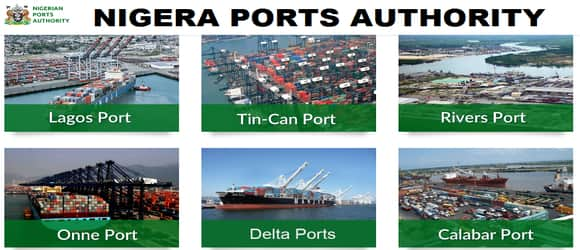
Imports of tyres will be subject to a 20% import duty. Conversely, local automotive plants can import completely knocked-down vehicles for assembly, free of duties, as well as semi-knocked-down vehicles at 5%.
The prevailing United States dollar shortage will constrain manufacturers’ ability to pay for and clear shipments of imported kits and components required in the manufacturing process.
In 2015, Nigeria restricted importers of 41 broad categories of traded goods from accessing the Nigerian foreign exchange market. The country’s import substitution policies ban the import of some 700 individual items and severely hamper firms’ ability to source inputs and raw materials. Nigeria has bans in place on the imports of packaged sugar. This is part of the Nigerian Sugar Master Plan, which aims to achieve self-sufficiency in sugar consumption by 2020.
Currently, about 98% of all sugar consumed in Nigeria is imported. Imports of raw sugar, by contrast, are subject to presidential approval on a recommendation from the trade and investment minister. In order to encourage the local production of cement, the Nigerian government has approved a series of measures, including the reinstatement of a ban on the importation of bagged cement and restrictions on the issuance of cement import licences.
A levy of NGN500 per tonne applies for all cement imports, while various incentives are available to assist in the development of local capacity through the establishment of a cement training institute in Nigeria. In October 2013, the government of Nigeria announced a gradual ban on fish imports over the years ahead, accompanied by a sharp increase in import duties in the interim period. As of Q119, many of the import restrictions remain in place.
In the first half of 2020, the official exchange rate was adjusted by 15%, with an ongoing unification of the various exchange rates under the investors and exporters (I&E) window, Bureau de Change, and retail and wholesale windows.
The authorities committed to let the I&E rate move in line with market forces, and it has so far depreciated by about 4%.
A few pharmaceutical companies have been identified to ensure they can receive foreign currency (FX) and naira funding. While the I&E window turnover has been low since April, the central bank has resumed FX supply in some of the other windows.

Due to the import substitution drive, certain sectors – Nigerian cocoa processors in particular – face a lack of competitiveness due to the government’s unwillingness to sign up to a free trade agreement with the European Union (EU). Ghana, Côte d’Ivoire and Cameroon, Nigeria’s West African cocoa export rivals, have each agreed to economic partnership agreements and are not subject to the levies that Nigerian shipments face on arrival at European ports.
The resulting higher costs of Nigerian cocoa products have left firms running at a quarter of capacity since 2011. The government opposes the trade deal because it believes that opening the local market to manufactured goods from the EU will destroy its fledgling domestic manufacturing sector which, as of 2016, has seen a steady increase in its manufacturing base (albeit still low).
The latest round of talks failed to produce an agreement.Nigeria is a member of the ECOWAS, a customs union of 15 member states including Benin, Burkina Faso, Cape Verde, Côte d’Ivoire, Gambia, Ghana, Guinea, Guinea-Bissau, Liberia, Mali, Niger, Senegal, Sierra Leone and Togo. ECOWAS adopts a five-band tariff regime, with the first four bands ranging from 0% to 20%, and the fifth subjecting some sensitive items to a 35% tariff.
Nigeria is a member of the Economic Community of West African States (ECOWAS), a customs union consisting 15 member states, including Benin, Burkina Faso, Cape Verde, Côte d’Ivoire, Gambia, Ghana, Guinea, Guinea-Bissau, Liberia, Mali, Niger, Senegal, Sierra Leone and Togo. ECOWAS adopts a five-band tariff regime, with the first four bands ranging from 0% to 20% and the fifth subjecting some sensitive items to a 35% tariff.
Nigeria has also entered into effective bilateral trade agreements with mainland China, Finland, France, Germany, Italy, South Korea, Netherlands, Romania, Serbia, South Africa, Spain, Sweden, Switzerland, Taiwan and the United Kingdom. In spite of Nigeria’s active pursuit of bilateral trade agreements, it adopts a rather protectionist trade policy.
The Nigerian Export Promotion Council administered an EEG scheme to improve non-oil export performance until 2014, when the government ended the programme due to concerns about corruption on the part of companies who collected the grants, but did not actually export. The federal government’s Economic Recovery and Growth Plan 2017-2020, released in February 2017, proposed reviving the EEG in the form of tax credits for companies.
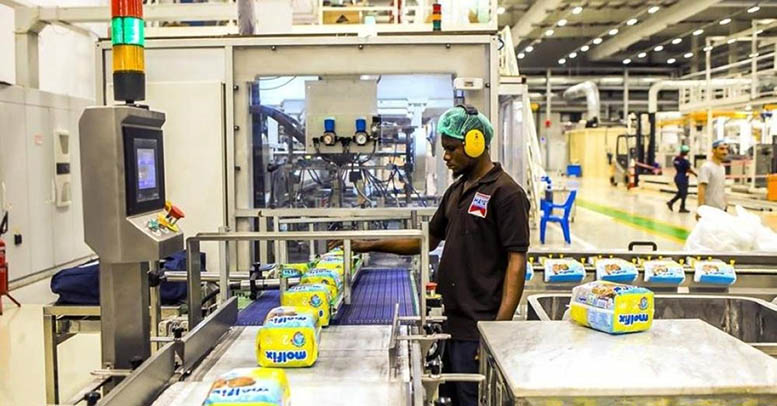
The Nigerian Export-Import Bank (NEXIM) provides commercial bank guarantees and direct lending to facilitate export sector growth, although these services are underused. NEXIM’s Foreign Input Facility provides normal commercial terms of three to five years (or longer) for the importation of machinery and raw materials used for generating exports.
Nigeria has historically been a major destination for foreign direct investment (FDI) due to its oil and gas resources, and there are a number of incentives in place for foreign investors.
However, Nigerian nationals are given preference in government procurement and there are tightening localisation requirements in certain investment areas, such as the agricultural sector and oil and gas businesses, which limit foreign ownership.
Foreign ownership is permitted, with the exception of some sectors designated as strategic, defence-related industries and some farmland. The Nigerian Oil & Gas Industry Content Development Act 2010 seeks to increase indigenous participation in the oil and gas industry by prescribing minimum thresholds for the use of local services and materials, and to promote the employment of Nigerian staff in the industry. The Act imposes a levy of 1% on every contract awarded in the upstream oil and gas sector of the economy. Any violation of the Act is liable to a fine of 5% of the contract value and may result in the outright cancellation of the contract.
The Nigerian Investment Promotion Commission (NIPC) was created in 1995 to promote and assist FDI. Tapping into resources other than oil is part of the government’s economic recovery and growth plan after the worst economic slump in 25 years as oil output and prices fell.
Nigeria’s potential advantages for future growth include a large consumer market, a strategic geographic location as a hub for Africa and a young and entrepreneurial population. The first step in harnessing this opportunity requires deliberate efforts to improve value-adding activity in the non-oil economy, particularly in the agricultural and services sectors.
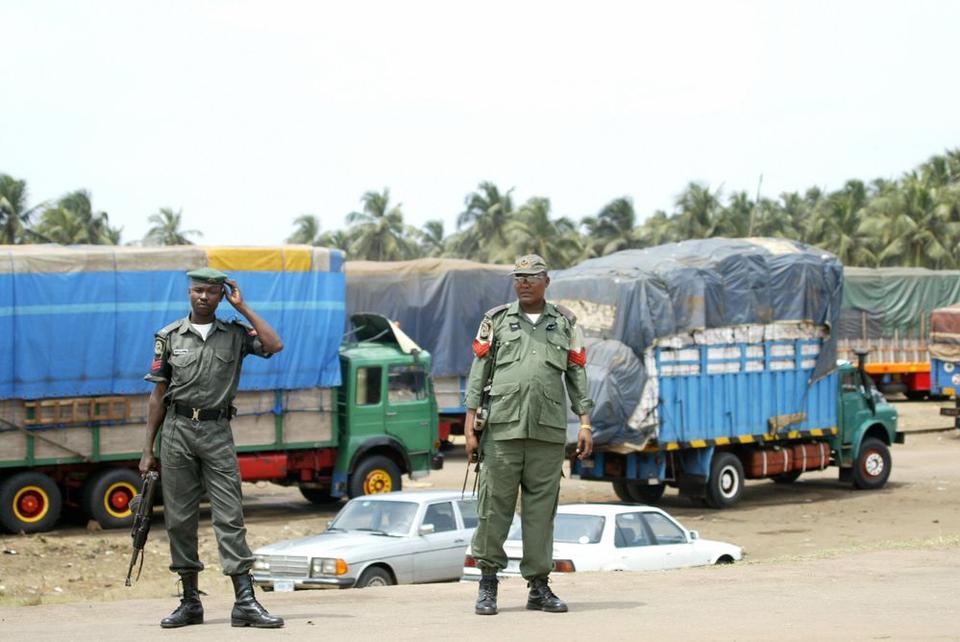
To further encourage investors, incentives – including tax holidays of as much as five years for new companies entering the market, duty-free imports on mining equipment and mining licences for 25 years – have been put in place.
According to the country’s investment body, up to 120% of expenses on research and development (R&D) are tax deductible, provided that such R&D activities are carried out in Nigeria and are connected with the business from which income or profits are derived. For the purpose of R&D on local raw materials, 140% of expenses are allowed. For cases in which the research is long term, it will be regarded as a capital expenditure and will be written off against profit.
Foreign firms will benefits from the government’s efforts to improve transparency and predictability for foreign investors. For example, in may 2014, Nigeria signed a Foreign Investment Promotion and Protection Agreement with Canada, which is expected to enhance protection for investors by creating a framework of legally binding rights and obligations.
Moreover, Nigeria has signed bilateral investment agreements with more than a dozen countries, notably Mainland China, Italy, Algeria and Egypt, as well as bilateral investment treaties (BITs) with the United Kingdom, France, the Netherlands, Taiwan, South Korea, Serbia, Switzerland, Romania, South Africa, Italy, Spain, Sweden, Finland, Germany and mainland China.
These BITs enable investors from the latter countries to enjoy similar benefits to those enjoyed by Nigerian investors. As a result, in theory, Nigerian investors are not provided preferential treatment in their investments over expatriates from BIT countries, and any infringement on the Nigerian side could then be referred to international arbitration.
Though foreign companies may bid on government projects and generally receive national treatment in government procurement, they may also be subject to a local content vehicle (such as requiring to partner with a local firm, or the inclusion of one in a consortium) or other prerequisites, which are likely to vary from tender to tender.




